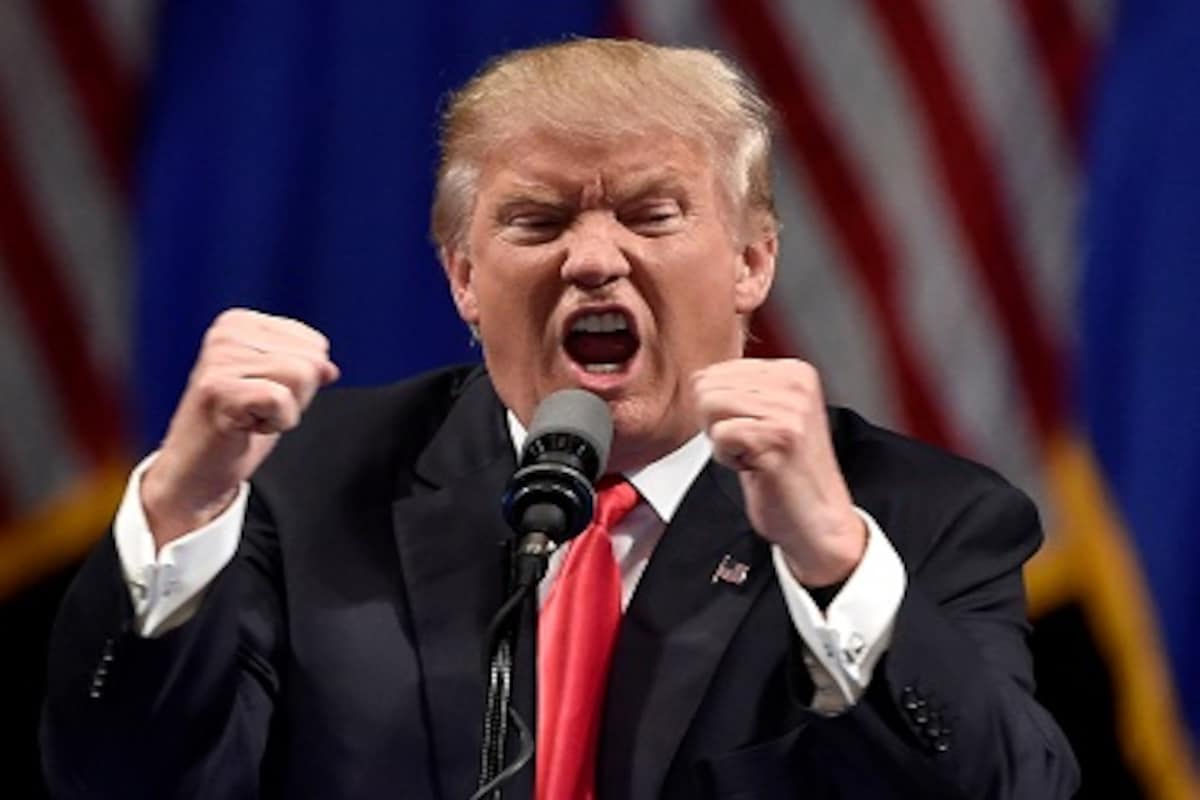NJ Education Department Announces Free Student Assessments in Reading, Math, and Science
September 29, 2020
You Can Hate Trump And Support School Choice
October 1, 2020Did Murphy and NJEA’s Excellent Adventure Hit a Pothole?
Yesterday Governor Phil Murphy celebrated his victory — signing a Legislature-approved nine-month budget of $32.7 billion that includes his millionaire’s tax and a $4.5 billion loan— by ascending the stage of Trenton’s War Memorial accompanied by Marie Blistan, president of the New Jersey Education Association.
I think it’s too early for NJEA to celebrate. Phil and Marie’s venture, nurtured through Murphy’s promise to “fully fund” teacher pension costs (among other campaign promises), may be scuttled by fiscal reality and a back-room deal.
Columnist Carl Golden speculates that Murphy got the Legislature to give him the millionaire’s tax and what John Bury calls the “reckless borrowing” of $4.5 billion by agreeing to a major concession: He will stop fighting Senate President Steve Sweeney’s “Path to Progress” and collaborate on pension reform. The plan specifically states that teachers with less than five years in service will move “from the current defined benefit pension system to a sustainable hybrid system,” like 401K’s. There’s no other way to weather the state’s fiscal disarray, exacerbated by the costs of the pandemic.
That’s a big bet by Sweeney that Murphy will toe the line. But the Senate president is savvy and Murphy, as a former Goldman Sachs executive, can do math.
How bad is New Jersey’s finances? Here is Truth in Accounting’s latest summary (h/t John Bury) of our woes:
“New Jersey’s elected officials have made repeated financial decisions that left the state with a debt burden of $189.6 billion. That burden equates to $57,900 for every state taxpayer. New Jersey’s financial problems stem mostly from unfunded retirement obligations that have accumulated over the years. Of the $225.6 billion in retirement benefits promised, the state did not fund $95.7 billion in pension and $76.8 billion in retiree health care benefits.
New Jersey did not have enough money set aside to weather the current pandemic and fluctuations in the market. According to rough estimates by Truth in Accounting, New Jersey is projected to lose $14 billion in revenue as a result of this crisis. The uncertainty surrounding this crisis makes it impossible to determine how much will be needed to maintain government services and benefits, but New Jersey’s overall debt will most likely increase.“
We win the award for largest sinkhole in the country:

Do you and the other adults in your household have an extra $59K lying around? I sure don’t. NJEA chants “the mainstay of a secure retirement is the defined benefit pension plan.” Union leaders may be forced to agree to a new mainstay in order to to tackle the thorny issue of reform pensions.
Don’t believe it’s so bad? Let’s look at how unsustainable costs are affecting school districts. Remember, unless districts keep their annual tax increases below 2% (barring a few exemptions) they have to put their annual budgets up for a public vote. How badly do boards not want a public vote on budgets? So badly that I can’t remember the last board to do so.
So — a 2% cap on increases (except for Abbott districts, which is how Asbury Park is raising taxes by 18%). Yet yesterday John Mooney reported that “the COVID-19 pandemic hasn’t appeared to slow down the pace of teacher contract negotiations in New Jersey, with settlements actually quickening and growing slightly in the most recent talks.” He quotes a school board attorney: “It seems [the salary settlements] come at a premium. I would have expected lower settlements [with the pandemic].”
I decided to take a look. It’s true. According to this recent document from New Jersey School Boards Association, annual salary increases from most recent negotiations between board and union representatives are averaging 3.1%.
That’s fine, right? COVID-19 has fiercely stressed teachers, parents, and students. While families struggle at home, teachers have had to reinvent instruction, learn new digital platforms, and negotiate a combination of online and remote learning for students.
But how does a 3.1% payroll increase square with that 2% tax increase cap?
It doesn’t. When the negotiating committee of a school board agrees to raise salaries above the cap, then it has to find that money somewhere else. This used to be a fairly simple exercise when there was spare fat to trim. Now most districts are bare-boned. The only place to go — boards can’t negotiate pensions; that’s on the state — is concessions with health insurance.
If you work your way down the NJSBA list, in the column on the far right you’ll see the givebacks that produced the settlements. Example: Hillsdale teachers (Bergen County) will get a 3.19% salary increase this year. (More precisely, payroll will increase 3.19% and, depending on the salary guide, will be divided based on years served and degrees completed.) In exchange for that above-cap increase, the union agreed to increase the minimum number of work hours/week to be eligible for health benefits (it’s 27 hours now, not sure what it was before) plus new employees will have a 25% co-pay for dental until they get tenure.
Somehow the Hillsdale Board figured out a way to make the math work. But as districts cut closer to the bone, the only thing left is pensions.
In this way, school district negotiations are a bit like the Murphy-Sweeney accord.
- We’ll give you the millionaire’s tax and your voter-unapproved $4.5 billion loan and you’ll cooperate with a pension reform bill.
- We’ll give you salary raises that bust the cap but you’ll cooperate by agreeing to healthcare concessions.
Sure, it’s premature to party at the Trenton War Memorial. But if Murphy can make the necessary concessions demanded by Sweeney and gets his pal Blistan to cooperate, we might make a few babysteps out of that sinkhole.




